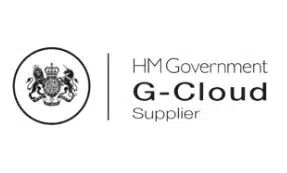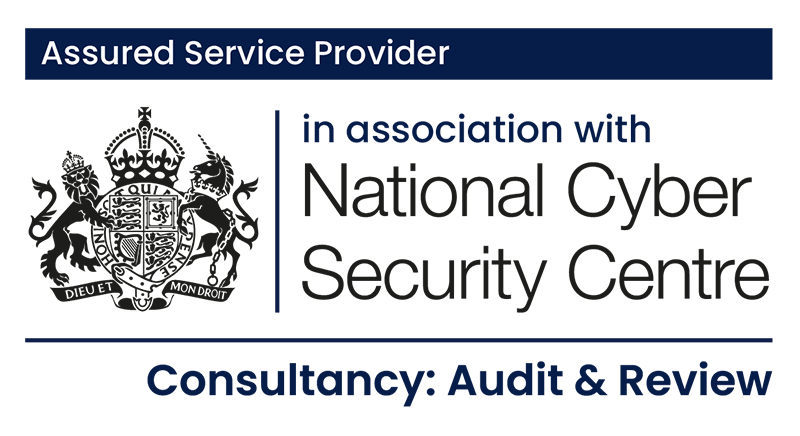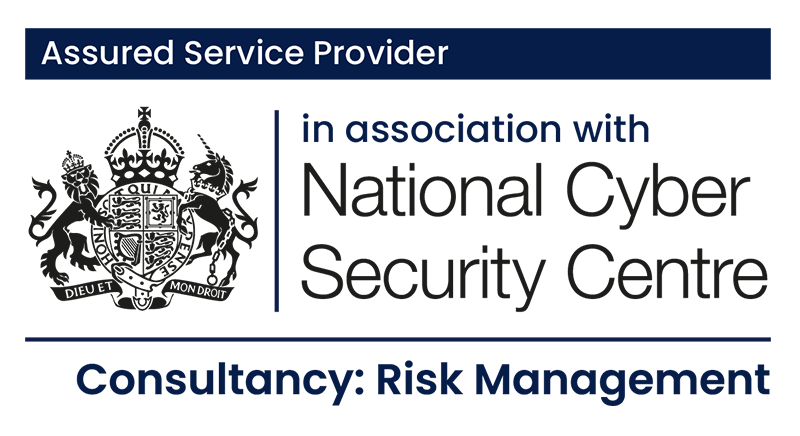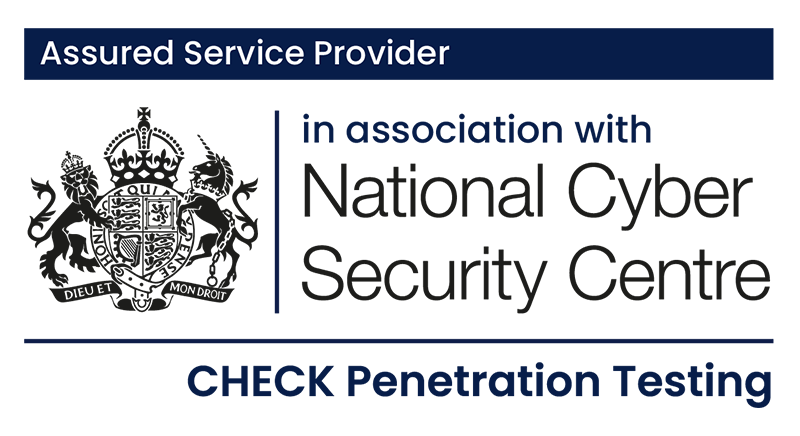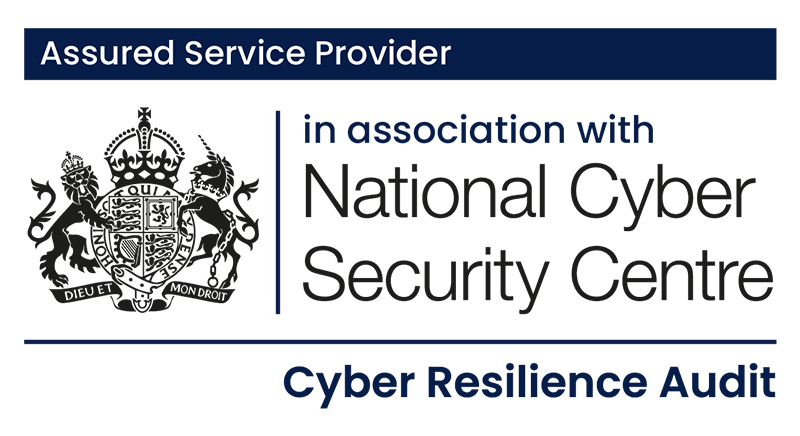Data Sovereignty in a Cloud-Connected World – Where is your data really being stored, managed and processed?
Why organisations with complex and critical data compliance requirements should be exploring a colocation strategy in a world being increasingly dominated by public cloud.
In today’s digital economy, data is the lifeblood of business. It fuels operations, customer engagement, and innovation. Yet, as organisations increasingly rely on global cloud services, the question of where an organisations data resides has never been more critical.
Data sovereignty, the principle that data is subject to the laws of the country where it is stored, has emerged as a crucial consideration for UK businesses navigating a complex landscape of regulation, cyber threats, and geopolitical uncertainty.
In this article, we explore why data sovereignty matters, the global risks of non-compliance, and how UK-based colocation datacentres provide a trusted foundation for secure, resilient infrastructure.
The Global Risks of Data Residency – A Shifting Landscape
The idea that “data is everywhere” may sound liberating, but it also carries significant risk. In a period of geopolitical instability, where your data lives dictates who has access, under what laws, and for what purposes.
For example:
The US Cloud Act allows US authorities access to data held by US-based providers, even if the data is stored in the UK or Europe. This has led to an increase in EU countries such as The Netherlands and Germany developing initiatives to move government infrastructure away from US hyperscale cloud services and reduce the reliance on American services.
The fallout from Schrems II, The ruling by Court of Justice of the European Union (CJEU) in 2020 invalidated the EU-US Privacy Shield, has left many businesses scrambling to ensure data transfers outside the EU comply with GDPR. This has also been complicated by Brexit and the UK’s new Data (Use and Access) Bill, which is still being finalised through Parliament.
Meanwhile, countries like China, Russia, and India have introduced strict data localisation laws, requiring that data be stored within their national borders.
And let’s not forget the ever-growing threat of state-backed cyberattacks and supply chain compromises, where sensitive data may be exposed through third-party providers (as discussed in one of our recent articles. Overcoming Supply Chain Cyber Security challenges: Where organisations need to focus in 2025).
For UK businesses, relying on global cloud services or hyperscalers such as AWS, Azure or Google Cloud, this introduces potential exposure to foreign jurisdictions and extraterritorial access laws. Without careful planning, this can jeopardise compliance, increase risk, and erode trust.
UK Data Residency – More Than a Checkbox exercise
At first glance, keeping data in the UK might seem like a simple compliance tick-box. But it’s much more than that. It’s about control, resilience, and trust. Storing, managing and processing data outside the UK may be cheaper via a global cloud services provider but is it really satisfying data protection laws which have to be adhered to? Does it fit with your cloud data security and regulatory compliance strategy if your business is operating in the UK?
The UK’s legal framework, including the Data Protection Act 2018 and UK GDPR, offers strong protections aligned with European standards while maintaining national sovereignty. UK data centres operate within a stable, predictable regulatory environment, unlike regions where laws can change overnight or data may be exposed to foreign surveillance regimes.
By choosing a UK-based data centre, businesses gain:
• Assurance that their data is governed by UK law
• Reduced risk of cross-border legal disputes or compliance breaches
• Simpler contractual terms and fewer complications from data transfer mechanisms
• Greater confidence when handling sensitive or regulated data, such as financial records, healthcare information, or intellectual property
European Regulations on the Horizon: Why UK Businesses Must Pay Attention
Even though the UK is no longer part of the EU, UK businesses operating across Europe, or serving EU clients, must stay alert to evolving regulations:
• The Cyber Resilience Act (CRA) introduces strict cybersecurity standards for products with digital elements, impacting SaaS providers and critical services
• NIS2 Directive expands cybersecurity obligations to more sectors, including data centres, and tightens reporting requirements for incidents
• The Digital Operational Resilience Act (DORA) will regulate third-party ICT providers in the financial sector, requiring robust risk management and resilience
These regulations demand higher levels of cybersecurity, transparency, and accountability. UK data centres with strong governance frameworks (ISO 27001, ISO 22301, PCI DSS) are well-placed to help customers meet these challenges, offering infrastructure that supports both UK and EU compliance standards.
Where to start?
From our experience at Cyberfort we believe there are 5 key reasons why organisations need to start reviewing where their data is stored, managed and processed as part of a data sovereignty strategy within the Cloud they are:
![]() Compliance with UK Regulations
Compliance with UK Regulations
UK laws like the Data Protection Act 2018 and UK GDPR place strict requirements on how personal and sensitive data is handled. By ensuring data remains within UK jurisdiction, organisations simplify compliance and reduce exposure to international regulatory conflicts or oversight complexities.
![]() Mitigation of Legal Risk
Mitigation of Legal Risk
Storing data outside the UK may expose businesses to foreign surveillance laws (e.g. the US Cloud Act), which can conflict with UK privacy standards. Keeping data within the UK helps avoid these jurisdictional tensions and mitigates the risk of unauthorised third-party access.
![]() Data Residency Assurance for Public Sector and Regulated Industries
Data Residency Assurance for Public Sector and Regulated Industries
Public sector bodies, financial services firms, and healthcare providers often have explicit or implicit mandates requiring data to remain within national borders. UK data centres ensure alignment with government procurement standards and sector-specific frameworks.
![]() Reduced Latency and Improved Performance
Reduced Latency and Improved Performance
Hosting and processing data closer to end users in the UK can improve application performance and user experience, particularly for latency-sensitive workloads such as financial transactions, media streaming, or real-time analytics.
![]() Trust, Reputation, and Customer Assurance
Trust, Reputation, and Customer Assurance
Demonstrating a commitment to UK data sovereignty builds trust with customers, partners, and regulators. It reinforces transparency and responsible data stewardship which can be seen as a competitive differentiator in an era where digital trust directly impacts business value.
But understanding the key reasons for reviewing data sovereignty compliance as part of a cloud strategy is only one area of the puzzle. Each organisation is different in terms of the volumes, types and access requirements to data being in the cloud.
At Cyberfort when we start a data sovereignty engagement as part of a cloud vs colocation strategy, we ask 5 key questions to help organisations understand what the risks, challenges and compliance measures are likely to be with their data stored in the cloud and if colocation could be the right way forward for their business, they are:
![]() Where is your organisations business critical data physically stored as part of a public cloud strategy, and under which legal jurisdictions does it fall? This helps to identify potential sovereignty conflicts and compliance risks.
Where is your organisations business critical data physically stored as part of a public cloud strategy, and under which legal jurisdictions does it fall? This helps to identify potential sovereignty conflicts and compliance risks.
![]() Does your cloud and SaaS providers guarantee UK-based data residency and processing? The answer to this will help to ensure contractual and technical alignment with data sovereignty requirements.
Does your cloud and SaaS providers guarantee UK-based data residency and processing? The answer to this will help to ensure contractual and technical alignment with data sovereignty requirements.
![]() How resilient are your UK-based data storage and processing solutions in the face of cyber threats, geopolitical disruption, or regulatory change? To assess operational risk and business continuity readiness.
How resilient are your UK-based data storage and processing solutions in the face of cyber threats, geopolitical disruption, or regulatory change? To assess operational risk and business continuity readiness.
![]() Are you able to maintain clear audit trails and access controls for data stored in or accessed from outside the UK? To enhance governance, security, and compliance transparency.
Are you able to maintain clear audit trails and access controls for data stored in or accessed from outside the UK? To enhance governance, security, and compliance transparency.
![]() Does your current cloud strategy allow for flexibility if future regulation demands stricter data localisation or sovereignty requirements? Future-proofing the infrastructure and avoiding costly migrations.
Does your current cloud strategy allow for flexibility if future regulation demands stricter data localisation or sovereignty requirements? Future-proofing the infrastructure and avoiding costly migrations.
By answering the above questions and embedding UK data sovereignty into digital and cloud strategies, businesses can better protect sensitive data, comply with domestic law, and build long-term resilience in an increasingly regulated digital environment. In some cases, following a review it is often found those businesses with complex and critical data management requirements need a supplementary strategy to Public Cloud. This is where colocation comes into play.
Why Colocation is the Foundation for Sovereign, Compliant Infrastructure vs Public Cloud
For organisations seeking control and compliance, colocation offers a powerful alternative to public cloud models.
With colocation, your business retains ownership of hardware, software, and data, while benefiting from the physical security, power, cooling, and connectivity of a state-of-the-art UK datacentre run by experts.
While public cloud offers flexibility and scalability, it’s not always the best fit for businesses with complex, critical, or highly regulated workloads. A colocation strategy, housing your infrastructure in a third-party data centre can provide a compelling alternative. From our experience at Cyberfort we have discovered customers with complex and critical data management requirements are choosing a colocation provider alongside public cloud for the following reasons:
Control and Performance
With colocation, businesses retain full control over their hardware and software configurations. This is ideal for workloads requiring high performance, low latency, or specific hardware optimisations not supported in the public cloud. Ultimately you know exactly where your data is stored, who has access, and how it is managed.
Security and Compliance
Colocation enables businesses to meet strict security, data residency, and compliance requirements, especially in industries like finance, healthcare, or government. Dedicated environments reduce exposure to shared infrastructure vulnerabilities found in multi-tenant public cloud platforms. This helps to meet sector-specific requirements (NHS DSP Toolkit, FCA, ISO standards) with audited, certified facilities.
Predictable Costs
Unlike public cloud’s usage-based pricing, which can be difficult to forecast and prone to cost spikes, colocation offers predictable, long-term pricing. Enabling organisations to budget more effectively and avoid unexpected expenses.
Hybrid and Legacy Integration
Colocation supports hybrid IT strategies, allowing businesses to integrate legacy systems with newer cloud services while keeping sensitive or resource-intensive workloads on dedicated infrastructure.
Scalability Without Vendor Lock-in
As businesses grow, colocation offers scalability without being locked into a single cloud provider’s ecosystem. This opens the door to multi-cloud or hybrid models with greater flexibility and negotiation power. Additionally, as AI solutions become more integrated, accessible and advanced, there is a greater need of privacy and localised storage to provide increased protection.
In summary, colocation offers a secure, high-performance, and cost-predictable infrastructure model that complements or replaces public cloud for organisations with specific operational, regulatory, or technical needs.
Case in Point
A UK healthcare provider or SaaS provider delivering into UK Healthcare may use colocation to host patient data, ensuring compliance with NHS England’s data residency requirements, while integrating with cloud services for analytics or AI workloads.
Taking Action: A Data Sovereignty Checklist for UK Businesses
To protect your business in a fast-changing regulatory and cyber risk landscape, all organisations with complex and critical data management requirements should consider these steps:
Audit Your Data Flows
Map where your data is stored, processed, and backed up including SaaS and cloud services.
Review Contracts and SLAs
Ensure data residency clauses align with your compliance obligations.
Choose UK-Based Providers
Prioritise colocation, cloud, and managed services with physical infrastructure in the UK.
Plan for Regulatory Change
Stay informed about EU and UK developments (CRA, NIS2, DORA) that could impact your business.
Build Resilience into Your Architecture
Combine colocation with private cloud, direct network interconnects, and DR solutions for a robust, compliant environment.
Final Thoughts
In an unpredictable world, where cyber risks and compliance requirements evolve rapidly, your data strategy is your resilience strategy. Data Sovereignty as discussed in this article has come sharply into focus in the past 12 months. One thing is clear ‘inaction’ is not an option.
All IT professionals should be exploring how a colocation strategy can supplement their public cloud strategy and realise that a ‘one size’ fits all model is probably not going to work. Those organisations who take the time to review their data security, compliance and management requirements today will be better placed for the future.
Those organisations who take action and explore where colocation can help with data sovereignty requirements in the cloud will gain control, compliance, and confidence knowing their data is protected by a trusted legal framework, secure infrastructure, and a partner dedicated to your success.
For more information about Cyberfort Colocation and Cloud services contact us at [email protected].





